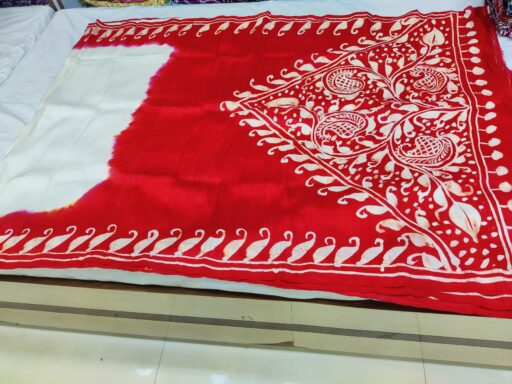Empowering Rural Girls: Tackling Menstrual Taboos in Tribal Community

In commemorating National Girl Child Day 2024, the focus is on menstrual health in rural India, particularly in tribal communities, shedding light on the challenges faced by adolescent girls. Despite strides in urban areas, the stigma around menstruation persists in lower socio-economic regions.
Initiatives to break the silence involve education, awareness campaigns, and destigmatizing menstruation as a normal biological process. In tribal villages like Jawadhu Hills, where cultural norms and limited resources compound the issue, embarrassment, shame, and unhygienic practices prevail.
The lack of disposal facilities forces young girls to change sanitary napkins in open spaces, perpetuating period-related taboos. This results in health risks, missed school days, and increased vulnerability to reproductive infections. The absence of proper infrastructure, including toilets, water supply, and sanitation facilities, exacerbates the situation.
In Jawadhu Hills, the environmental impact is evident, with used napkins heaped together due to the absence of disposal mechanisms. Many girls resort to makeshift solutions, using unsterilized cloths, perpetuating infections. India, with an 8.6% tribal population, faces the challenge of eradicating period poverty and menstrual taboos.
Shattering menstrual taboos requires a multi-faceted approach. Empowering women through education, increasing their role in decision-making, and providing sanitary napkins are crucial. Addressing deep-rooted cultural beliefs necessitates collaborative efforts from communities, governments, NGOs, and individuals.
Eradicating menstrual taboos in tribal communities demands a holistic approach. Low-cost menstrual products, gender-inclusive education, and integrating health education into infrastructure projects are vital components. Empowering women through education and fostering inclusivity are central to creating a more equitable society.
In the journey to break the silence surrounding menstruation, sustained efforts from various stakeholders are essential. The road ahead requires addressing cultural beliefs, providing access to resources, and empowering women through education. It is not just about hygiene; it is about fostering inclusivity and creating a more enlightened society.
Re-reported from the article originally published in The Zee News








